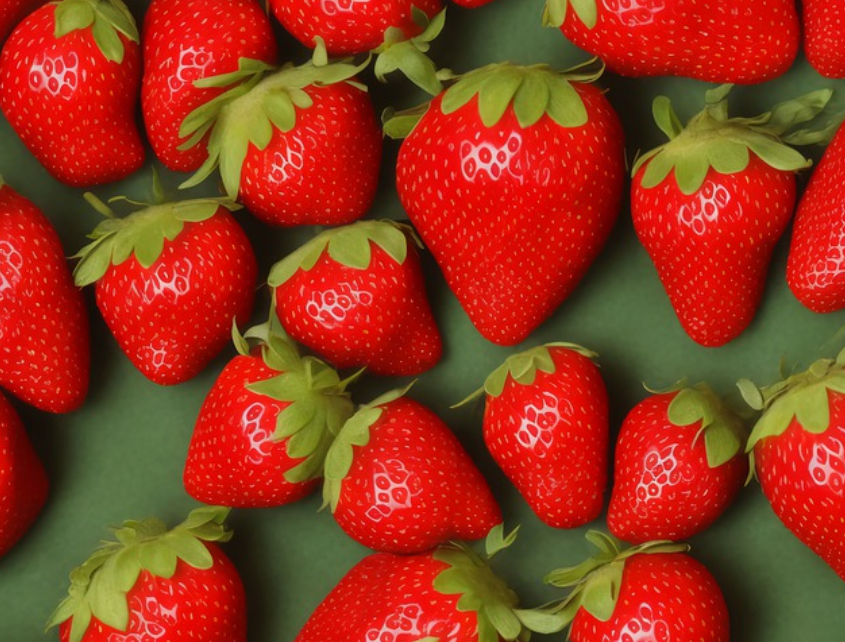Marie Donlon | June 16, 2023
Researchers from Thammasat University and Chulabhorn Research Institute, both in Thailand, have developed an edible cannabidiol (CBD) coating that extends the shelf life of strawberries.
CBD, the non-hallucinogenic compound derived from marijuana, was mixed with sodium alginate to arrive at the edible antimicrobial coating, according to the researchers.

With its reported antioxidant and antimicrobial properties, CBD was eyed for the coating to limit the growth of certain bacteria and pathogenic fungi — specifically the kind that encourages fresh fruits and vegetable to rot.
As such, the team encapsulated the CBD molecules in edible poly(D,L-lactide-co-glycolide), which is a biodegradable polymer used in drug delivery. This reportedly produced 400 nm wide particles, with the researchers mixing the most stable nanoparticles — featuring 20% by weight CBD — with sodium alginate in water.
Strawberries were then submerged into solutions with varying amounts of nanoparticles followed by a second submersion into a mix of ascorbic acid and calcium chloride, which transformed the colorless coating into a gel.
To test the effectiveness of the coating, both coated and uncoated strawberries were placed in open plastic containers at refrigerator temperatures for a little more than two weeks. After that time, the CBD-coated samples reportedly ripened and decayed at a slower rate than uncoated strawberries — presumably due to the reduced microbial growth.
Further, the coating featuring the most CBD-loaded nanoparticles tended to preserve the dark red appearance of the berries as well as enhanced the berries’ antioxidant activity the most while demonstrating the largest antimicrobial protection over the more than two-week storage period.
An article detailing the CBD coating, “Influence of a Transparent and Edible Coating of Encapsulated Cannabidiol Nanoparticles on the Quality and Shelf Life of Strawberries,” appears in the journal ACS Applied Materials & Interfaces.
